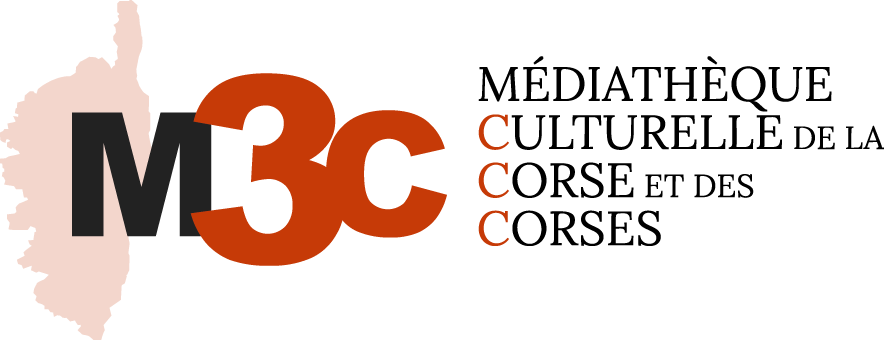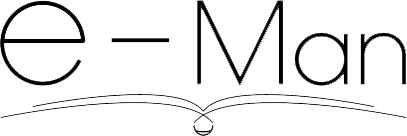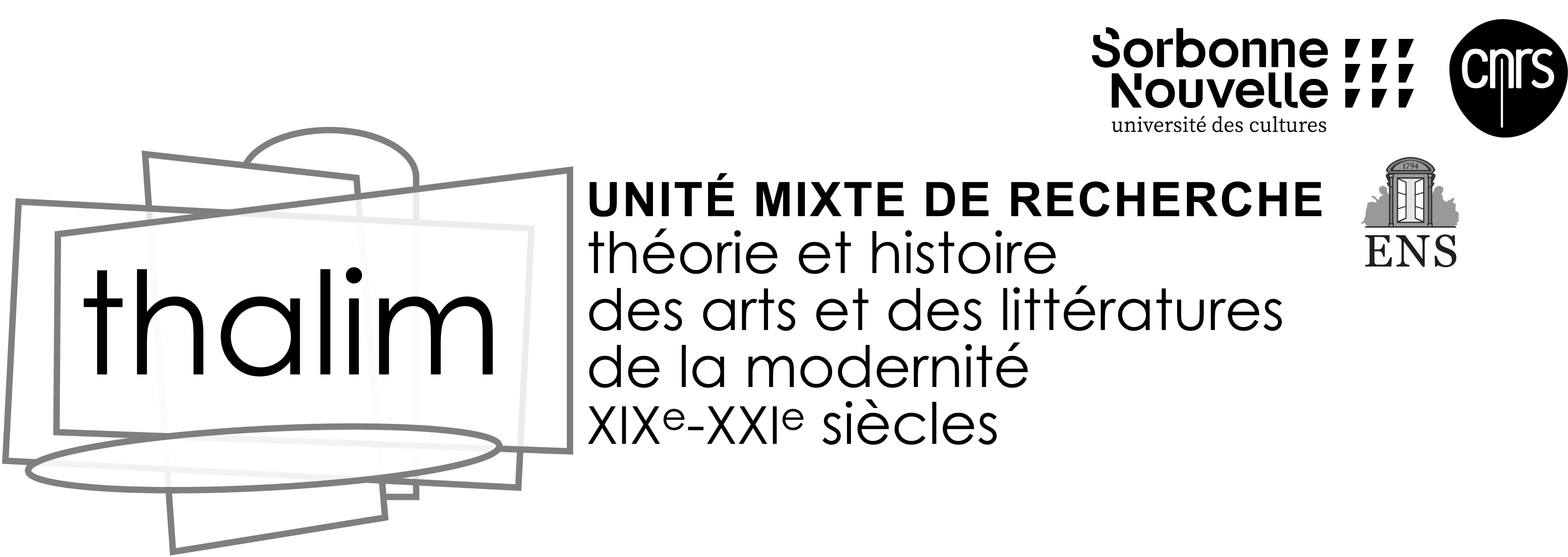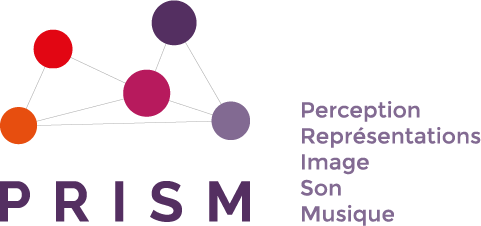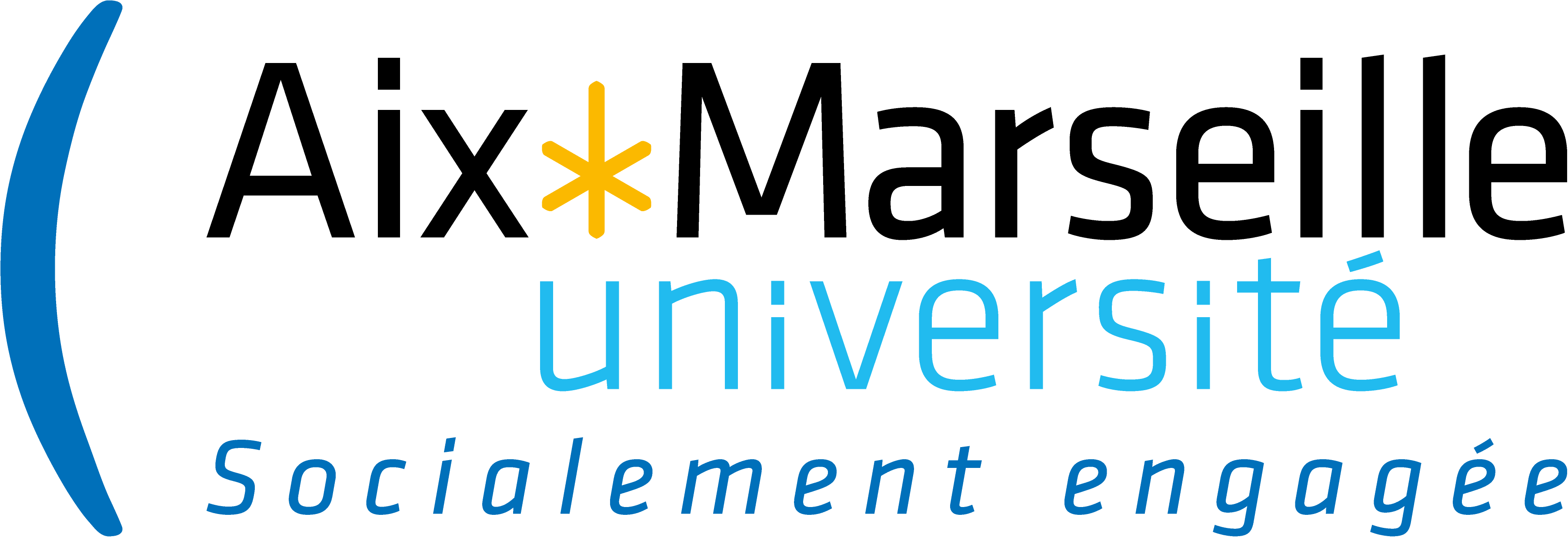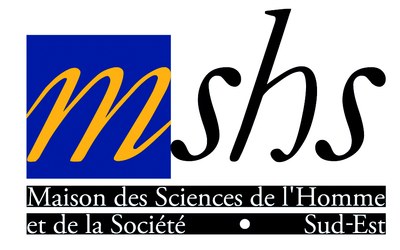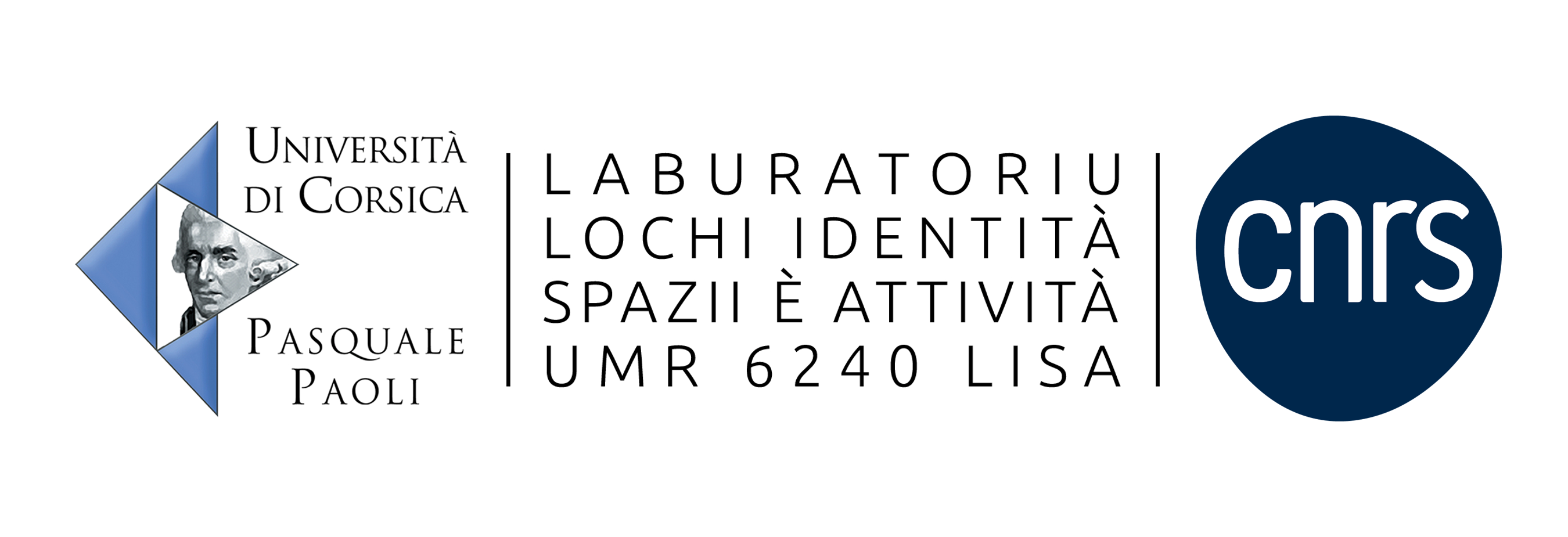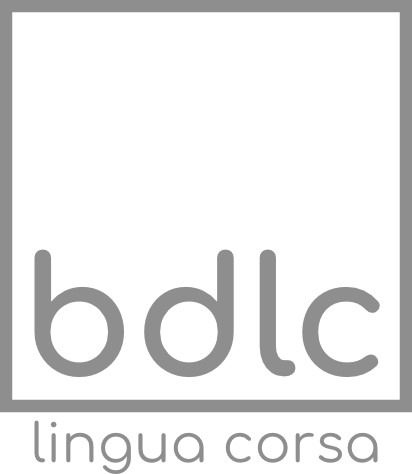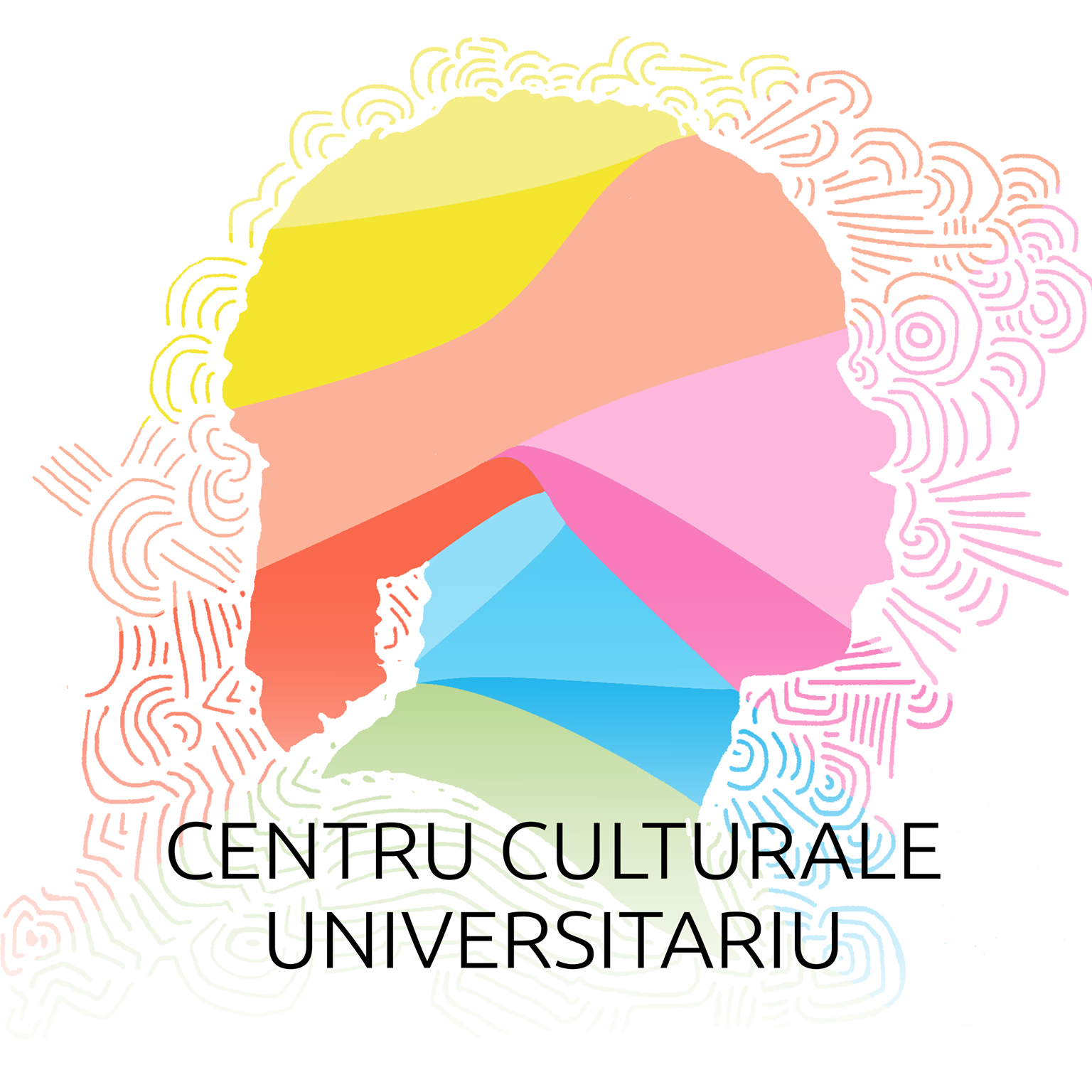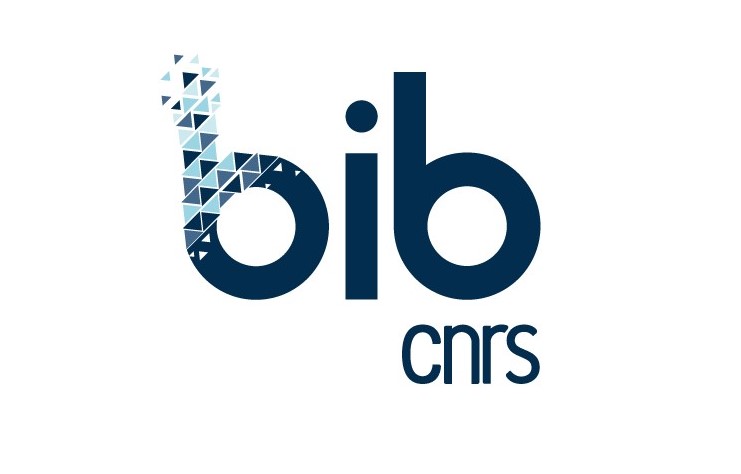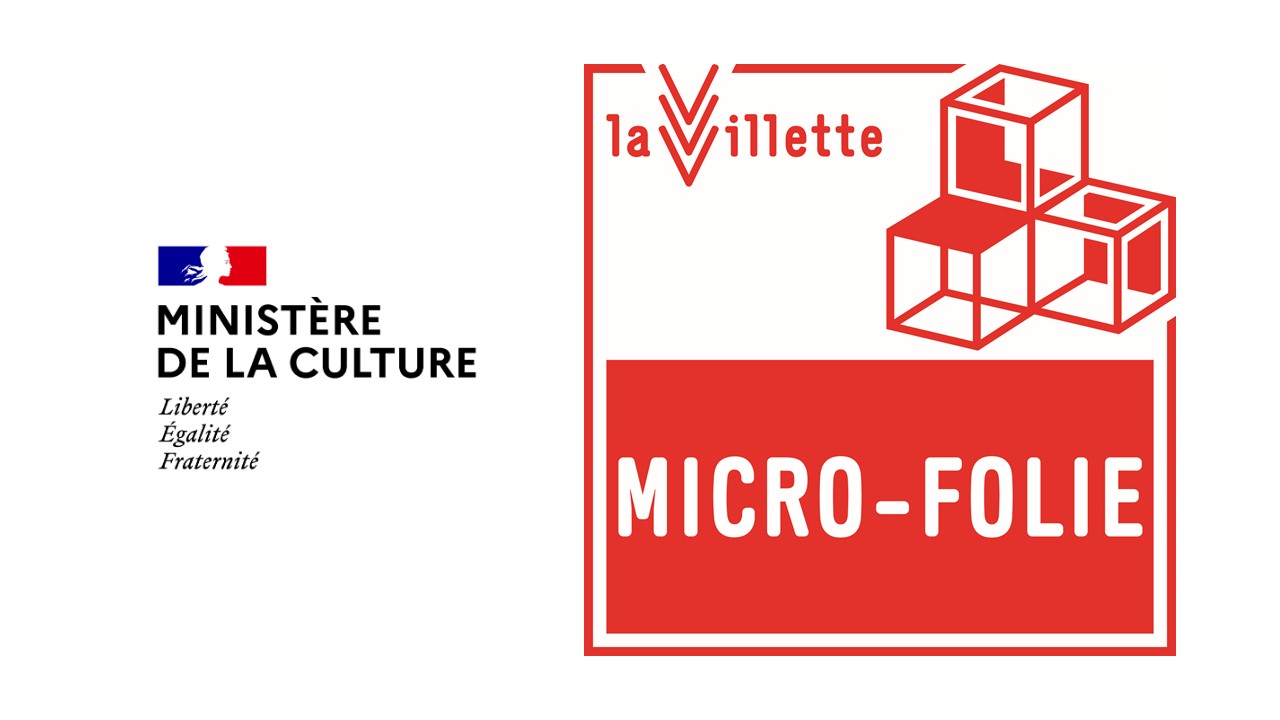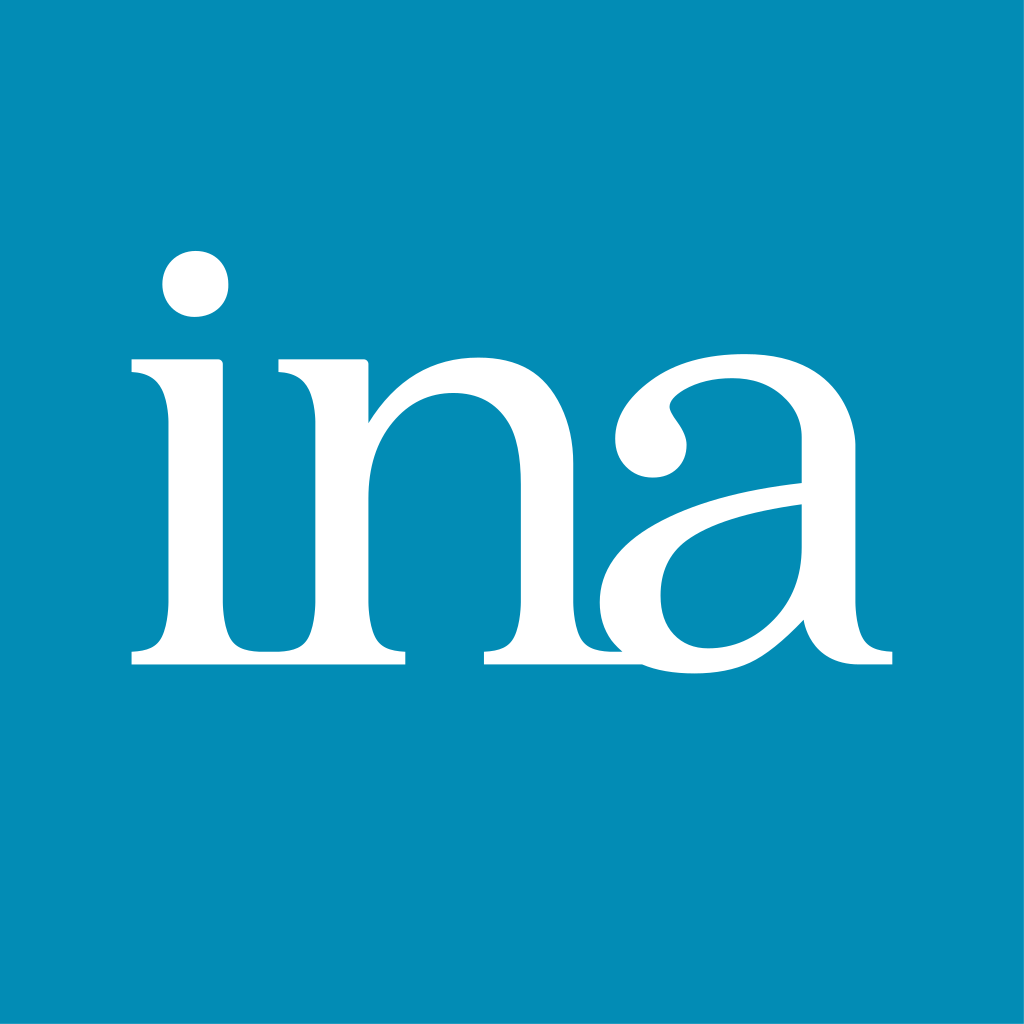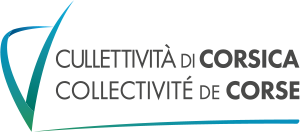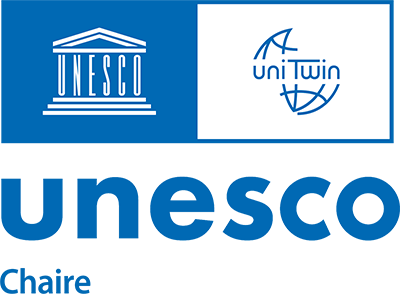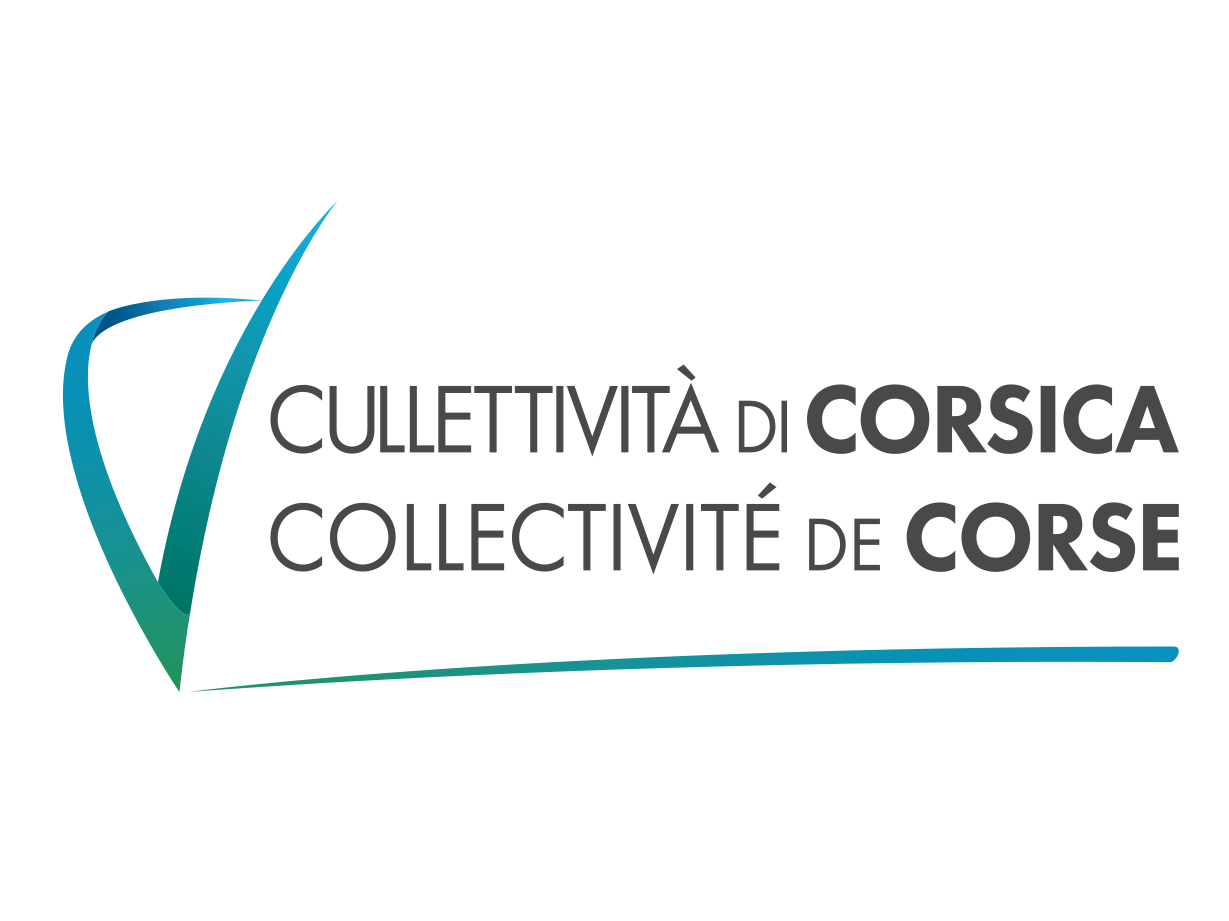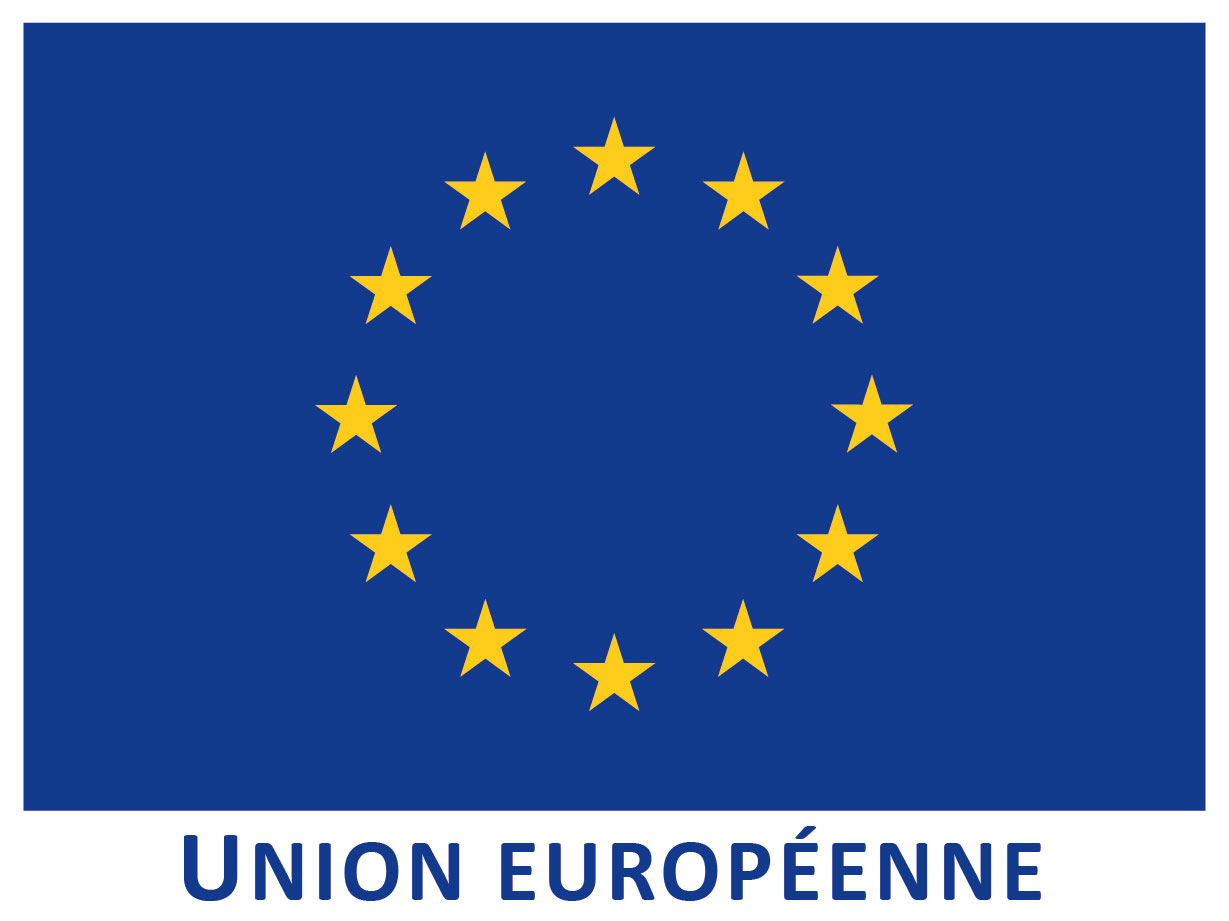Partners
Eman (Edition de Manuscrits et d'Archives Numériques) is a digital publishing platform for the dissemination and use of documents and archive collections. It is based on the Omeka software from which it develops extensions for scholarly digital publishing. It is managed within the Thalim laboratory in partnership with the Institute of Modern Texts and Manuscripts (ITEM). EMAN distributes corpora in compliance with digital publishing and interoperability standards. The platform supports and hosts more than fifty scientific corpus editing projects. These projects publish, explore, analyze objects and documents, at different stages of development, produced by writers, artists and scientists, from Antiquity to the 21st century.
The objective of the research project [CO S-A] is to set up a sustainable collaboration between PRISM (UMR 7061), la the MMSH's Phonothèqueand the fonds CNCM VOCE (Pigna/Corse) archive, archive, deposited within the Repertorium Voce. The aim is to exchange skills and technologies and to connect the heritage wealth of the Corsican territory with the other resources of the southern region. In the medium term, it is also a question of intensifying musicological and anthropological reflection on oral music and the current and contemporary practice of these repertoires. This collaboration also makes it possible to enhance and maintain the cultural and historical proximity between the southern region and the territorial community of Corsica in a dynamic way. Thanks to the development of a lasting relationship based on the sharing of heritage and immaterial archives, the [CO S-A] team wishes to question the modalities of conservation and recreation of these archives, while promoting scientific research actions. The main objective of [CO S-A] is, in fact, to question the reuse (rewriting, recycling, diversion, reinterpretation) of the archive.
The media library of the Mediterranean House of Human Sciences (MMSH) gathers high-level documentation on the civilizations of the Mediterranean countries and the Arab-Muslim world.
Founded in 1997 under the direction of Professor Robert Ilbert, the MMSH is a structure for hosting, supporting and disseminating research, bringing together ten research laboratories, a doctoral school and courses from the master's level upwards. The Iremam (Institute of Arab and Muslim World Studies), Telemme (Time, Space, Language, Southern Europe, Mediterranean), Idemec (Institute of Mediterranean, European and Comparative Ethnology), Lames (Mediterranean Sociology Laboratory) and Imaf-Aix (Aix branch of the Institute of African Worlds) laboratories have pooled their documentary resources to create the media library. This library ensures their documentary policy by gathering, within four sectors, a multi-media documentation on the countries of the Mediterranean (with extension to the Muslim civilisation area), from the medieval period and the beginnings of Islam to the contemporary period. It is open to researchers, teacher-researchers, students and the interested public, with a reading room offering 100 seats and 25,000 volumes in free access. The media library is run by a team of 9 permanent staff, with the help of contractual staff and interns.
The House of Human and Social Sciences South-Eastoined the national network of MSHs in September 2012. Since 1 January 2013, the new structure has become a USR (Unité de Service et de Recherche), federating 14 research laboratories in the human and social sciences, based at the Université Côte d'Azur and the Université de Corse Pascal Paoli.
The LOCUS platform is a tool for knowledge, analysis and support for the scientific work of researchers and doctoral students at UMR CNRS 6240 LISA within the framework of their research themes. It ensures the coherence and homogeneity of data in the laboratory and organises the dissemination of these data as well as the development of their uses. It makes available to all a catalogue of metadata as well as innovative applications such as tools for spatio-temporal comparison of land use or a simulator integrating economic modelling of the behaviour of different land users (SMA).
The Corsican Language Data Bank (BDLC) is a scientific tool designed to illustrate and study the linguistic variation of Corsican in space - including the Corsican speakers of Gallura and the alloglot community of Bunifaziu (Ligurian) - and in time. The data in the database are the product of field surveys and were collected from native speakers.
The Centru Culturale Universitariu (CCU) which is responsible for the University's cultural policy, offers a wide range of discoveries to students and the general public. Culture at the University of Corsica is a space dedicated to personal and collective expression. Firmly rooted in its relationship with its heritage and with life in society, the University aims to be one of the places where culture as it is experienced in Corsica, between its roots and its universality, can be seen.
Huma-Num is a research infrastructure dedicated to Letters, Human and Social Sciences (HSS) and Digital Humanities implemented by the Ministry of Higher Education and Research and supported by the French National Center for Scientific Research (CNRS), Aix -Marseille University and the Condorcet Campus. It carries France's participation in the DARIAH and CLARIN European infrastructures. It offers digital services for research programs and leads a network of consortia dedicated to Digital Humanities themes.
BibCnrs is the access portal to CNRS electronic documentary resources.
It provides researchers from CNRS units with a negotiated set of journals, works and multidisciplinary databases, as well as qualified free resources.
Access to the resources made available on BibCnrs is reserved for researchers working in CNRS laboratories, whether they are paid by the CNRS or by other organizations, as well as doctoral students, post-docs and staff working on search for researchers in these laboratories.
ISIDORE is a search engine allowing access to digital data from the Humanities and Human and Social Sciences (HSS).
Open to everyone and in particular to teachers, researchers, doctoral students and students, it is based on the principles of the web of data and provides access to open access data. ISIDORE also offers a toolbox (ISIDORE on demand) which allows — on demand, to enrich, categorize and annotate research data using scientific repositories.
ISIDORE is an achievement of the very large Huma-Num research infrastructure (CNRS, Aix-Marseille University, Campus Condorcet).
The Micro-Folies program is a cultural policy device supported by theFrench Ministry of Culture and coordinated by the public establishment of the Grande Halle de la Villette in conjunction with twelve institutions: the Centre Pompidou, the Château de Versailles, the Cité de la Musique – Philharmonie de Paris, the Avignon Festival, the Arab World Institute, the Louvre, the Picasso-Paris National Museum, the Orsay Museum, the Quai Branly-Jacques Chirac Museum, the National Opera of Paris, the Réunion des Musées Nationaux – Grand Palais, and Universcience. Each Micro-Folie is articulated around its Digital Museum. Bringing together several thousand works from numerous institutions and museums, this digital art gallery is a unique cultural offering that inspires curiosity. Fine arts, architecture, scientific cultures, performing arts, it is an open door to the diversity of the treasures of Humanity.
The National Audiovisual Institute (INA) is a French public industrial and commercial establishment whose main mission is to archive audiovisual productions, produce, edit, publish, market and distribute audiovisual content and multimedia for all audiences, professionals, businesses or individuals, for all screens or broadcast platforms, including audio.
Department of Culture, Heritage, Sport and Youth of the Community of Corsica
Our programme integrates the Chair in Future Literacy "Becoming in the Mediterranean". Supported by the Università di Corsica Pasquale Paoli, this project consists in the foundation of a chair based on UNESCO's orientations which aim at the dissemination of a sustainable development and the empowerment of learning and resilient territories by cultivating social innovation and anticipatory skills of citizens and decision-makers. This Chair will therefore study anticipation in the human and social sciences through research conducted in five major areas.
With the financial support of:
